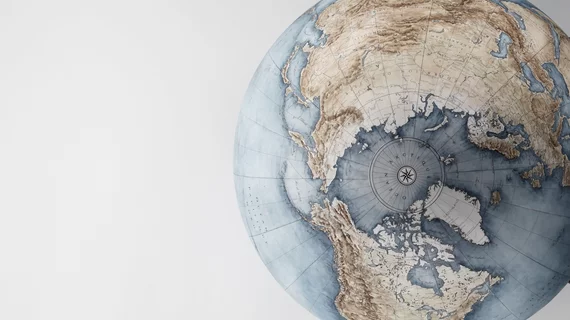Industry Watcher’s Digest
Buzzworthy developments of the past few days.
- More than half of 10,000 adults in 13 countries not only know about generative AI but also have tried it. Or at least that’s what some 51% of respondents told surveyors who asked. So reports the Paris-headquartered Capgemini Research Institute, whose market researchers further found adoption of ChatGPT and its ilk “remarkably consistent across age groups and geographies, with over half of all generations, including Baby Boomers, having used the technology.” In healthcare, 67% of consumers around the world trust generative AI to offer helpful medical advice, Capgemini found. June 19 news release here, PDF of full report here.
- Using healthcare AI safely and efficaciously in Australia is going to require retraining the healthcare workforce. That’ll be best done while simultaneously retooling health services and transforming workflows. Only then will AI be sufficiently “medical grade” to justify broad adoption for real-world patient care Down Under. Citing a healthcare AI roadmap produced by the Australian Alliance for AI in Healthcare, three researchers make a compelling case for such restrictive guardrails in an opinion piece published by the Medical Journal of Australia and in a conversational essay posted in The Conversation.
- It’s tempting to view the U.S. vs. China ‘AI race’ as an echo of the space race between the U.S. and the U.S.S.R. That view is misguided. So suggest two writers with the Carnegie Endowment for International Peace. Airing out their thinking in Foreign Policy, the authors predict the probable winner of the AI race will be none other than AI itself. “As AI advances and diffuses throughout society,” they contend, “it will challenge the United States and its open society as much as—if not more than—China.”
- Could AI lull human brains into growing horribly lazy? It could. Some even say the technology is bound to make more than a few of us downright stupid. The British-American man of letters Simon Winchester is tuning out the doom-and-gloomers. Or maybe he’s putting them in their place. “I see today’s algorithmic revolution as a necessary cleansing, a movement by which we rid ourselves of all the accumulated bricolage of modern intellectual life, returning us to a more reasonable sound-to-noise ratio, gifting us with a renewed innocence, filled with potential,” he writes in The Guardian. “Fanciful though it may sound, this new-made post-AI society could even see the emergence of a new Euclid, a new Plato, a new Herodotus.” Read the whole thing.
- It’s an accumulating problem: AI chatbots are building their knowledge and expertise on copyrighted content and code belonging to actual people. Mercury News business reporter Ethan Baron breaks down the unfolding—and potentially industry-decimating—scenario from a vantage point in the heart of Silicon Valley.
- DiagnaMed (Toronto) has birthed Dr. GenAI. The chatty chatbot uses ChatGPT to help consumers who want to live healthier lives. Announcement.
- SDC (Boston) is splashing a machine learning tool for medical coding in clinical trials. The company, formerly known as Statistics & Data Corp., says the software has an accuracy rate north of 90% when used to predict coded terms for drugs and medical events.
- Bionik Labs (Boston) has installed its robots for stroke recovery support at four Lifepoint Health locations. The sites are in Arizona, California, Indiana and Kentucky. Details here.
- TheMathCompany of Chicago and Bengaluru, India, is partnering with Komodo Health in San Francisco. MathCo says it will tap Komodo’s Healthcare Map and AI know-how to “power a range of patient and provider use cases” for healthcare clients.

